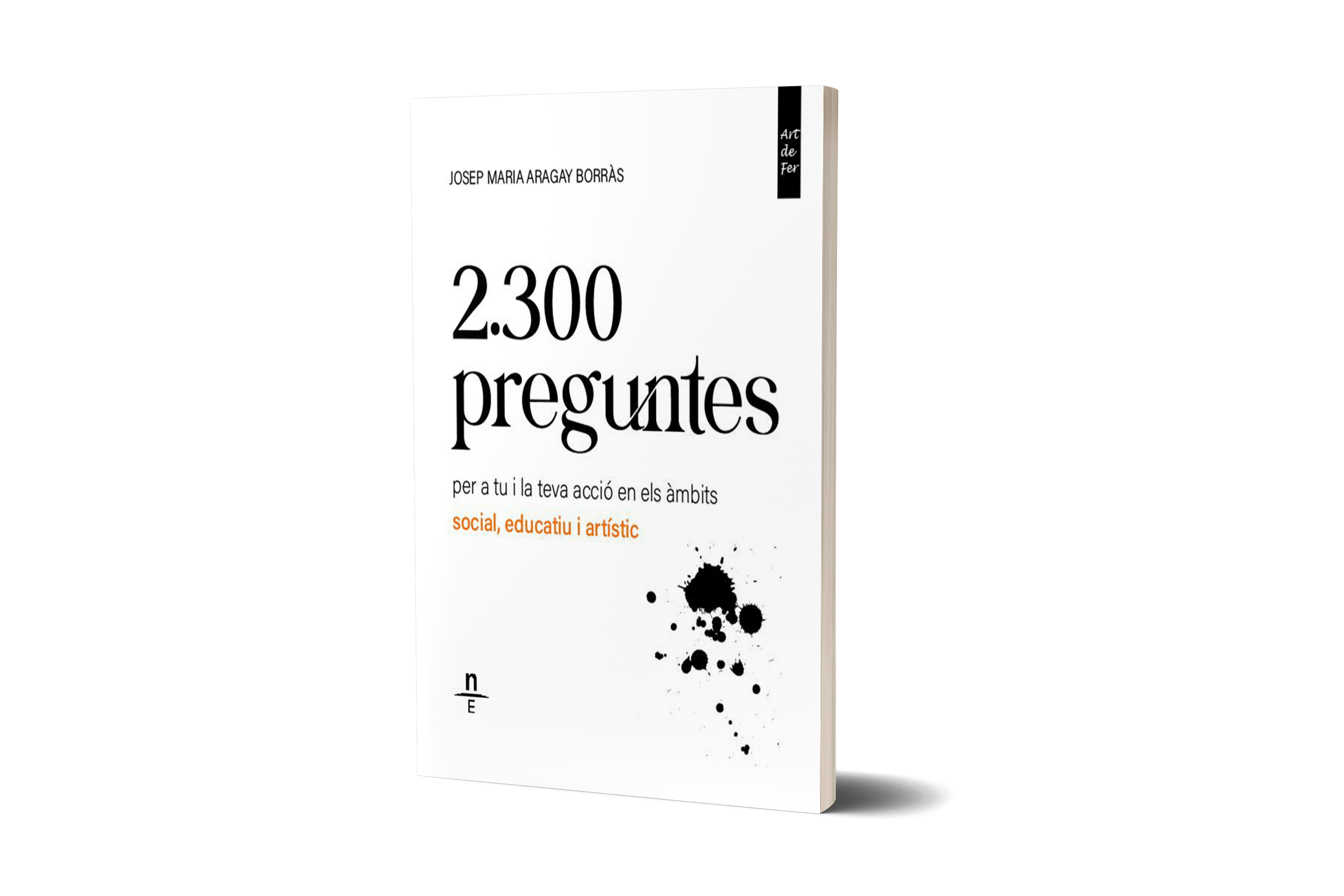Quan he estat conscient que les noves metodologies, paraules i pedagogies modernes així com les polítiques educatives, socials i culturals no són reeixides o transformadores en si mateixes sinó que depenen —en gran manera— del professional o col·lectiu que les encarna, he començat a mirar-me a mi mateix de manera radical.
La nostra acció política resideix i es produeix —essencialment— en les estructures (digues-li cos, digues-li organització) del nostre fer, però, com diu val flores (2016), el problema és «que estem atipades de teoria queer i de narratives radicals o desobedients, mentre que els nostres cossos i organitzacions es desfan en la competència, l’ego, el càlcul de rendibilitat del discurs, l’acceptació complaent de les regles de joc institucionals, i en activismes que propaguen polítiques de coneixement de biaixos autoritaris que repliquen les regles academicistes del saber, així com el seu ordre meritocràtic i racista». Oleeee!
Com puc alterar i atordir els models dominants de producció d’identitat?
Com puc mostrar l’artificialitat de la meva identitat?
Què és el que se li suposa a una educadora?
Què produeix la suposada veritat identitaria de l’educadora en el meu cos?
Sense gaires més pretensions que desplaçar-te, ampliar-te o que deixis la teva feina, en aquest text faig preguntes. Preguntes per corrompre. Preguntes per acompanyar-te. Preguntes per a mirar a altres llocs o, en definitiva, preguntes per a trencar hàbits instaurats en la teva manera de fer.
When I was aware that the new methodologies, words and modern pedagogies as well as the educational, social and cultural policies are not successful or transformative in themselves but depend – to a great extent – on the professional or collective that embodies them, I began to look at myself in a radical way.
Our political action resides and occurs – essentially – in the structures (call it body, call it organization) of our doing, but, as Val Flores (2016) says , the problem is “”that we are inundated with queer theory and radical or disobedient narratives, while our bodies and organizations dissolve in competition, ego, the calculation of the profitability of discourse, the complacent acceptance of the rules of institutional game, and in activism that propagate knowledge policies with authoritarian biases that replicate the academic rules of knowledge, as well as its meritocratic and racist order””. Oleeeee!
How can I disrupt and stun the dominant models of identity production?
How can I show the artificiality of my identity?
What is an educator supposed to do?
What does the supposed identity truth of the educator produce in my body?
WHAT CAN I DO TO DEVIATE FROM THE NORM? Without much more pretensions than to move, to expand or to leave your job, in this text I ask questions. Questions to corrupt. Questions to accompany you. Questions to look elsewhere or, ultimately, questions to break established habits in your way of doing things.”

